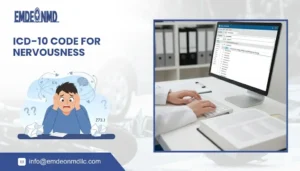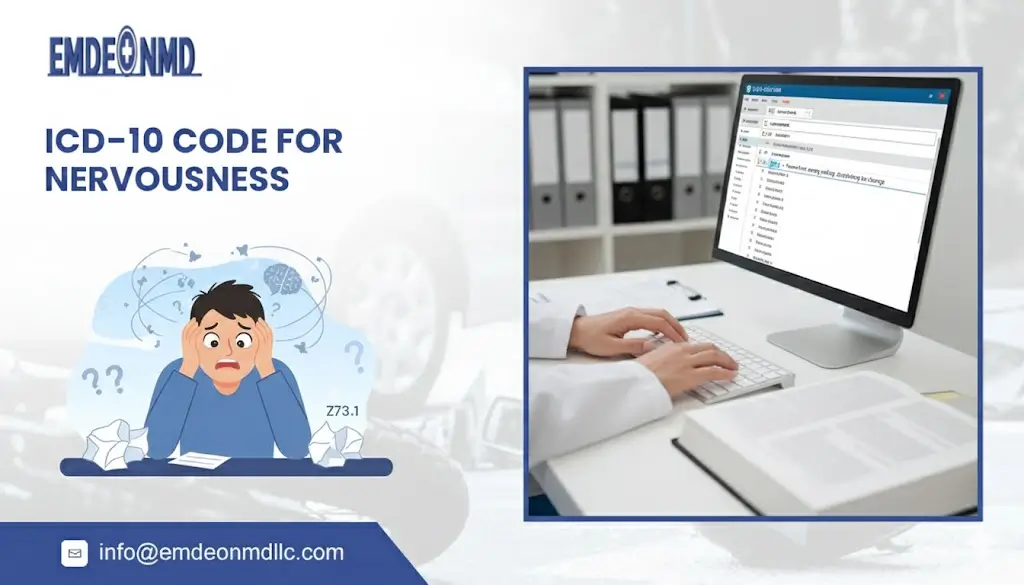Introduction
Respiratory Syncytial Virus (RSV) is a common viral infection that poses serious health risks, particularly for infants and young children. The introduction of the RSV vaccine represents a monumental step forward in pediatric healthcare, but navigating the ins and outs of medical billing can be daunting. If you’re a pediatrician or a parent keen on understanding the specifics, this blog post is for you. We’ll cover everything you need to know about the CPT code for the RSV vaccine, offering clarity, practical tips, and a detailed guide to ensure you’re well-informed.
Understanding RSV and Its Impact
RSV affects the lungs and respiratory tract, leading to severe complications such as bronchiolitis and pneumonia in young children. It’s the primary cause of respiratory infections in infants, making early vaccination crucial. Pediatricians frequently emphasize the importance of this vaccine to reduce hospitalizations and severe illness.
The symptoms of RSV can vary but often include coughing, wheezing, and difficulty breathing. These symptoms can quickly escalate, requiring medical intervention. Understanding RSV’s impact helps underscore the necessity of vaccination and accurate medical billing.
The Importance of Accurate Medical Coding
Accurate medical coding ensures that healthcare providers are reimbursed correctly for their services. It also enhances the efficacy of patient care by maintaining precise medical records. In the case of RSV vaccines, correct coding helps track vaccination rates and efficacy, essential for public health data.
Coding errors can lead to claim denials, delayed payments, and even audits. For pediatricians, this can disrupt clinic operations and cause financial strain. Pediatricians must stay updated on current CPT codes to ensure smooth billing processes.
What is a CPT Code?
Current Procedural Terminology (CPT) codes are standardized codes used to describe medical, surgical, and diagnostic services. These codes are vital for billing purposes, ensuring that healthcare providers are reimbursed accurately for their services. In the context of the RSV vaccine, knowing the correct CPT code is essential for pediatricians and healthcare administrators.
CPT codes are maintained by the American Medical Association (AMA) and are updated annually. The codes streamline the communication between healthcare providers, insurers, and patients. This standardized system ensures that everyone involved understands the services rendered and billed.
The Specific CPT Code for the RSV Vaccine
For the RSV vaccine, the specific CPT code is 90633. This code denotes the administration of the RSV vaccine, which is crucial for billing and insurance purposes. Pediatricians should apply this code whenever administering the vaccine to ensure accurate billing and reimbursement.
It’s important to note that CPT codes can be updated or changed. Always refer to the latest AMA guidelines or consult with your billing department to ensure you’re using the most current code. Proper coding is crucial for maintaining accurate medical records and receiving timely reimbursements.

How to Use the CPT Code Correctly
Using the CPT code correctly involves more than just entering the number. Pediatricians must document the administration of the RSV vaccine thoroughly, including the date, dosage, and any adverse reactions. This documentation supports the CPT code and ensures accurate billing.
In addition to the CPT code, you may need to include other codes that describe the patient’s condition or any additional services provided. Accurate coding ensures that all aspects of the patient’s care are documented and billed correctly.
Common Mistakes in Medical Coding
Even experienced healthcare professionals can make mistakes in medical coding. Common errors include using outdated codes, incorrect documentation, or omitting necessary codes. These mistakes can lead to claim denials and delayed payments, causing frustration and financial strain.
To avoid these issues, always double-check the codes before submitting claims. Use coding software or consult with your billing department to ensure accuracy. Keeping up-to-date with coding changes and attending training sessions can also help minimize errors.
The Role of Electronic Health Records (EHR)
Electronic Health Records (EHR) play a significant role in medical coding. EHR systems can automate the coding process, reducing the risk of errors and streamlining the billing process. Integrating the CPT code for the RSV vaccine into your EHR system ensures that it’s used correctly every time the vaccine is administered.
EHR systems also provide an easily accessible record of patient care, which is invaluable for tracking vaccination rates and outcomes. By leveraging the capabilities of EHR systems, pediatricians can improve the accuracy and efficiency of their medical coding practices.
Training and Resources for Pediatricians
Training is essential for accurate medical coding. Pediatricians and their staff should undergo regular training sessions to stay updated on the latest CPT codes and billing practices. Many professional organizations offer coding courses and workshops, providing valuable resources for healthcare professionals.
Online resources, such as the AMA website, also offer comprehensive guides and updates on CPT codes. Staying informed and utilizing these resources can help pediatricians maintain accuracy in their medical coding practices.
Communicating with Insurance Companies
Effective communication with insurance companies is crucial for resolving coding issues and ensuring timely reimbursements. If claims are denied due to coding errors, contact the insurance company to understand the reason and correct the issue promptly.
Document all communications with insurance companies, including phone calls and emails. Keeping detailed records can help resolve disputes and ensure that claims are processed smoothly. Clear communication is key to maintaining a positive relationship with insurance providers.
The Financial Impact of Accurate Coding
Accurate medical coding has a significant financial impact on healthcare practices. Correct coding ensures that pediatricians are reimbursed for their services, supporting the financial health of the practice. It also reduces the risk of audits and compliance issues, which can be costly and time-consuming.
By investing in training and resources, pediatricians can enhance their coding accuracy and improve their practice’s financial stability. Accurate coding benefits both the healthcare provider and the patient, ensuring that quality care is delivered and reimbursed appropriately.
Engaging Parents in the Vaccination Process
Parents play a crucial role in the vaccination process. Educating parents about the importance of the RSV vaccine and the benefits of accurate medical coding can enhance their understanding and cooperation. Provide clear and concise information about the vaccine, including its safety and efficacy.
Encourage parents to ask questions and address any concerns they may have. Building a trusting relationship with parents can improve vaccination rates and support the overall health and well-being of their children.
Conclusion
Understanding the CPT code for the RSV vaccine is essential for pediatricians, parents, and healthcare professionals. Accurate coding ensures timely reimbursements, maintains precise medical records, and supports effective patient care. By staying informed and leveraging available resources, healthcare providers can enhance their coding practices and improve their practice’s financial health.
For parents, understanding the importance of the RSV vaccine and accurate medical coding can enhance their engagement in their child’s healthcare. By working together, pediatricians and parents can ensure that children receive the best possible care and protection against RSV.
If you have any questions or need further assistance, don’t hesitate to reach out to our team for support. Together, we can make a positive impact on children’s health and well-being.












